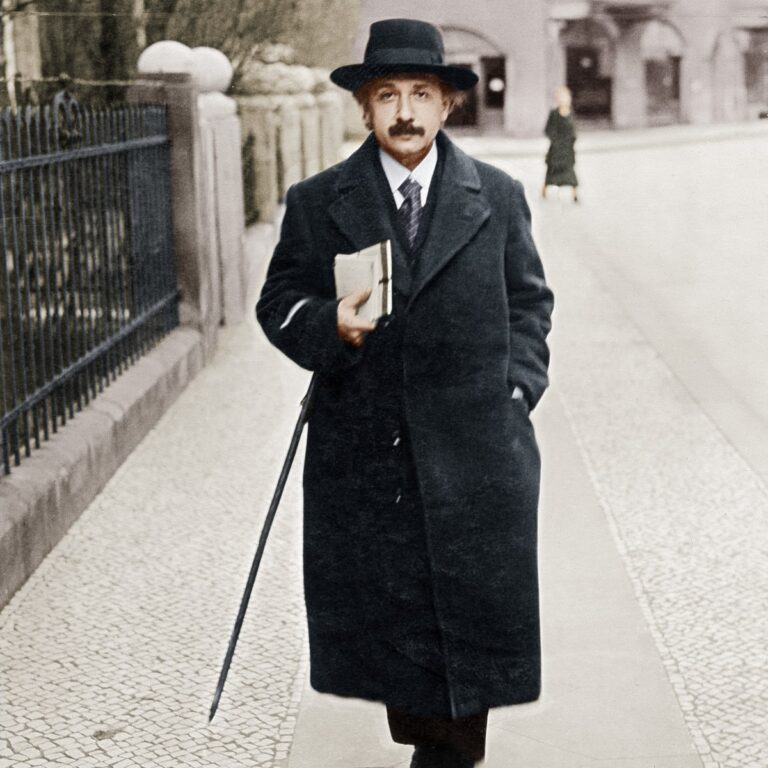The U.S. Defense Advanced Research Projects Agency (DARPA) Defense Services Office (DSO) recently released a request for information (RFI), DARPA-SN-18-68, “Quantum Computing Applications with State of the Art Capabilities”. The DSO looks back to Richard Feynman’s discussion on solving science’s hard problems through quantum computing. A hard problem DARPA has identified is the speed of learning, or lack thereof, in machine learning, or ML. In the DARPA RFI, four challenges were identified:
Challenge 1: “Fundamental limits to quantum computing.”
Challenge 2: Hybrid approaches to machine learning; particularly approaches which allow rapid development of a quantum-classical computing hybrid performing ML functions with significant speed improvement.
Challenge 3: “Interfacing quantum sensors with quantum computing resources.”
Challenge 4: “Quantum computing-inspired algorithms and processes applicable to classical computers.”
So what is DARPA really asking for?
It appears Challenge 1 and Challenge 3 ask basic quantum computing capabilities questions. It is Challenge 2 and Challenge 4 where DARPA asks for the immediate, near-term fill to enhance machine learning and artificial intelligence. DARPA is looking for machine leaning approaches which are available now or soon. To do so entails heavy reliance on classical computing as quantum computing has not quite arrived.
The request for information asks for data regarding the development of quantum computing algorithms (referred to as ‘subroutines’) using minimal resources. Key gaps are: The number of qubits needed per amount of machine learning speed increase; is a cross-domain solution between the quantum system and the classical system in existence or does one require development; and, will the classical systems and quantum systems be able to translate computations between one another. Challenge 4 looks at determining what off-shoots from quantum computing research have been brought into the classical computing world. From our research, there has not been an overt indication of “QC inspired” classical computing solutions developed and implemented. This is not to state it has not been happening; it just may well be inherent in the scientific research conducted to date. DARPA does ask if there are efforts to identify QC inspired algorithms, and if so, what those efforts look like: “Are better classical architectures” being developed from quantum computing research?
The bottom line, in our estimation, is that DARPA is looking to meld nascent quantum computers with robust classical systems for the purpose of machine learning; implementable in the shortest period of time ergo, now.
Does this fit solving one of Feynman’s hard problems of science with quantum computing?
Qubit (July 24, 2018)
The DARPA RFI is found at FBO.GOV…
Because Quantum is Coming

